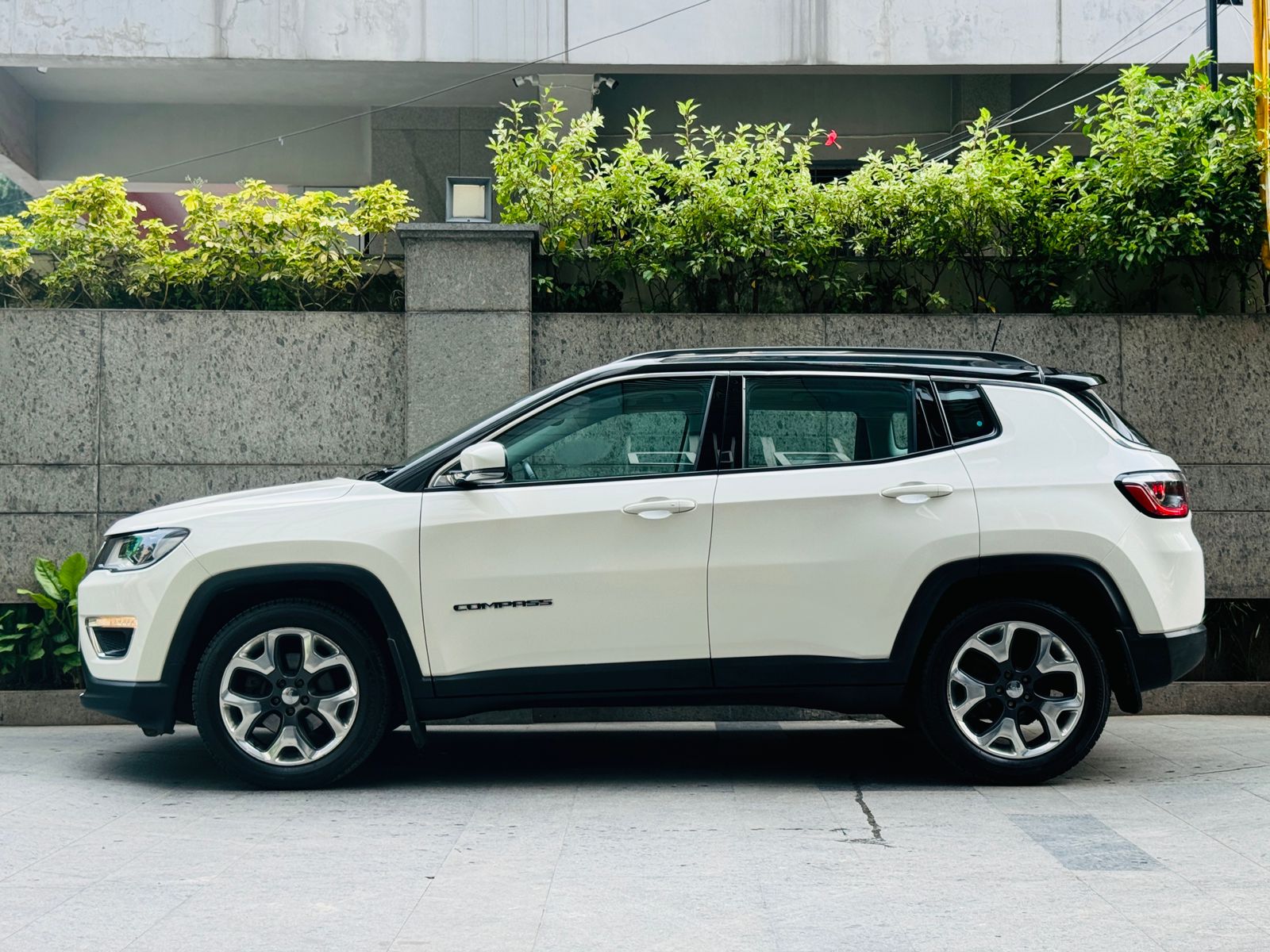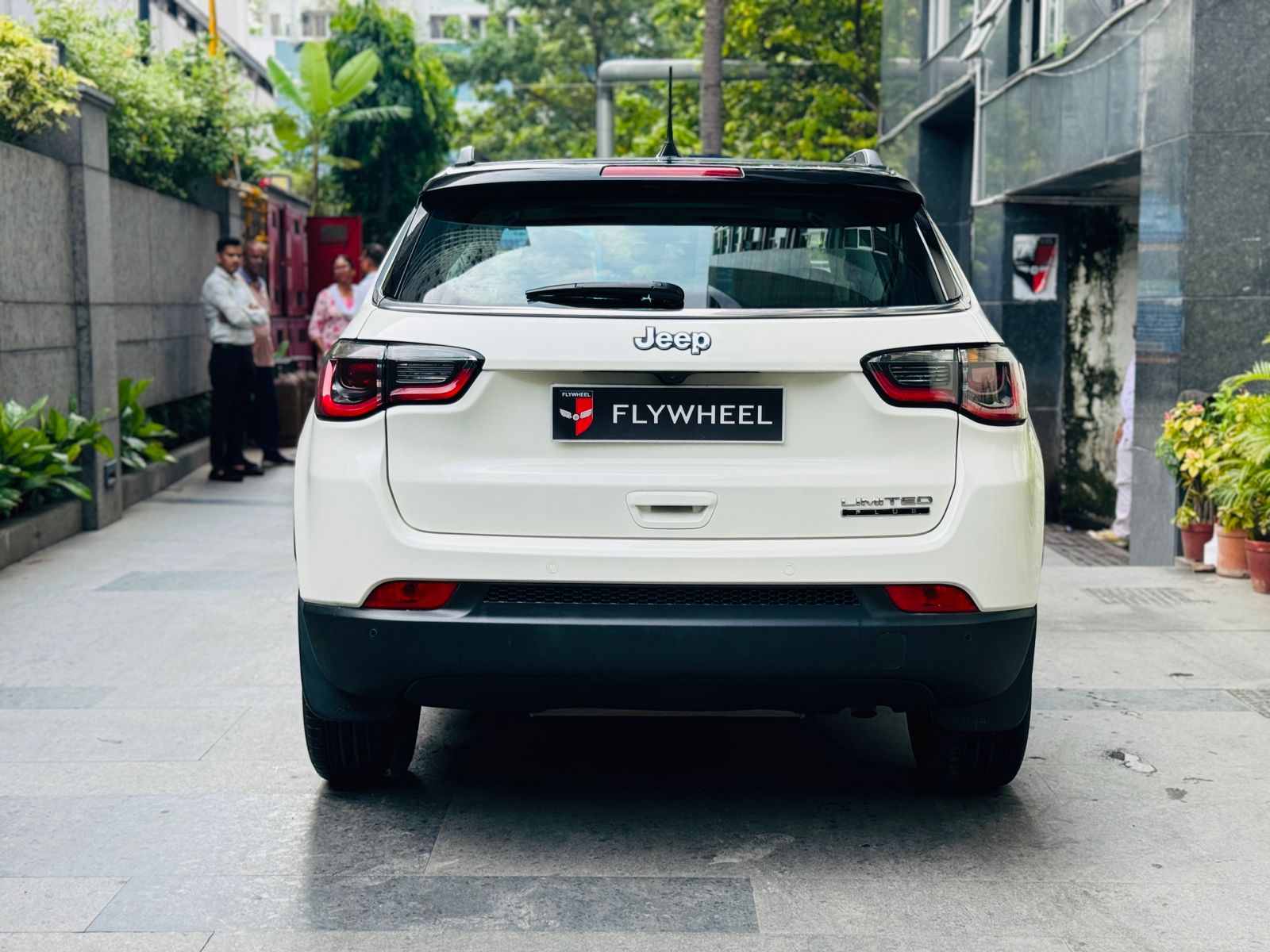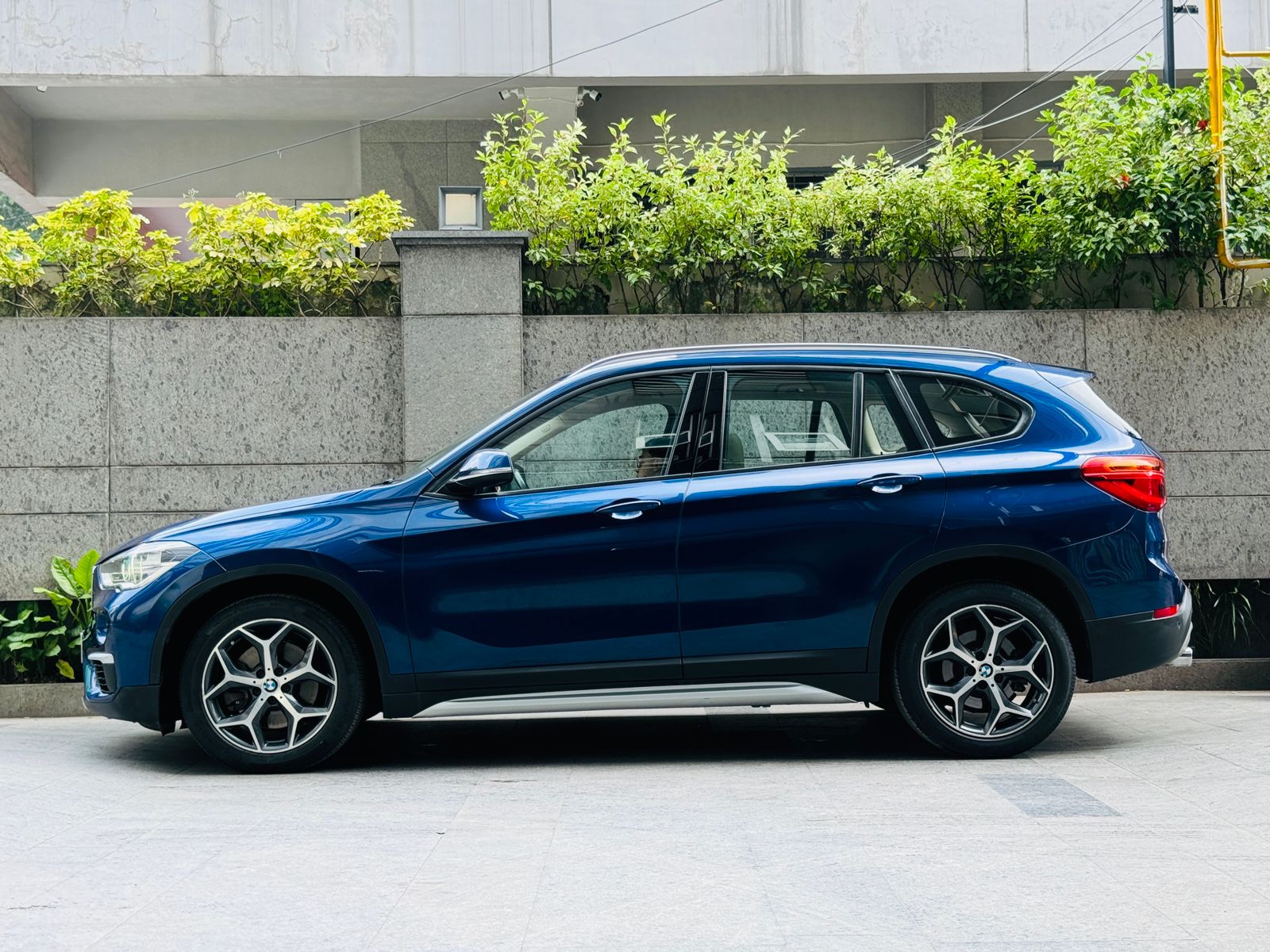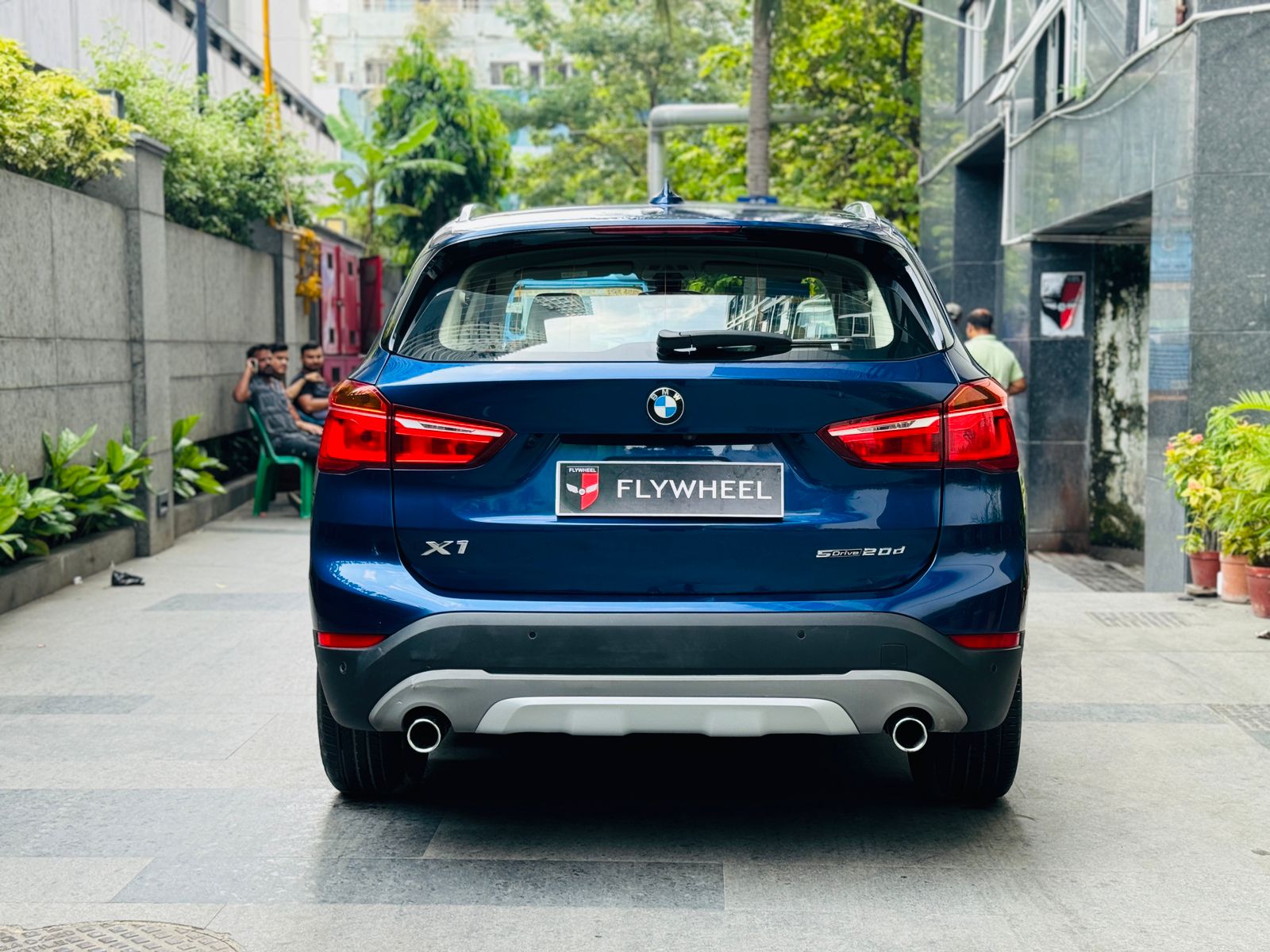flywheel cars
flywheel cars in india
flywheel cars in kolkata
FLYWHEEL INDIA
flywheel kolkata
kolkata used dealer
preowned car
preowned cars
preowned cars for sale
preowned cars in india
preowned cars in kolkata
preowned cars sedan price in india
preowned suv cars in india
preowned suv price in india
second hand car
second hand car in india
second hand car in kolkata
second hand cars in india
second hand dealership in kolkata
second hand mercedes car
second hand sedan car price in india
second hand suv
used car buys
used car in india
used car in kolkata
used car suv
used cars
used cars bmw price in india
used cars buy
used cars for sale
used cars in india
used cars in kolkata
used cars india
used cars kolkata
used cars sale
used cars sedan

Diesel or Petrol? 5 Important Considerations for Buying a Used Car
Choosing between a diesel or petrol engine can be one of the most significant decisions you make when buying a used car. Each fuel type has its own advantages and disadvantages, and the right choice often depends on your individual needs and driving habits. Here are five important considerations to keep in mind when deciding between a diesel or petrol used car.






Diesel or Petrol? 5 Important Considerations for Buying a Used Car
1. Fuel Efficiency and Driving Patterns
One of the primary reasons people consider diesel vehicles is their fuel efficiency. Diesel engines typically offer better mileage than petrol engines, especially on highways. If you are someone who frequently drives long distances, a diesel car can save you a significant amount on fuel costs over time.
Conversely, petrol cars tend to perform better for short trips and city driving, where frequent stops and starts are common. In these scenarios, petrol engines often yield better fuel efficiency. If your driving pattern involves mostly urban commutes, a petrol car might be a better fit.
Key Takeaway: If you drive long distances regularly, consider a diesel car for better fuel efficiency. For city driving and short trips, a petrol vehicle may be more economical.
2. Initial Costs and Depreciation
When purchasing a used car, the initial cost is a critical factor. Diesel vehicles are generally more expensive than petrol cars due to the complexity of their engines and the additional components involved. This can translate to a higher purchase price in the used car market.
However, diesel vehicles often hold their value better over time because of their durability and fuel efficiency. If you plan to keep the car for several years, a diesel may be a wise investment.
On the other hand, petrol cars tend to depreciate faster, meaning you might find better deals in the used market. If you’re on a budget and looking for a lower initial investment, petrol vehicles might be more appealing.
Key Takeaway: Diesel cars are pricier upfront but tend to retain value longer, while petrol cars offer lower purchase prices but depreciate faster.
3. Maintenance and Repair Costs
Maintenance costs are another crucial consideration when choosing between petrol and diesel engines. Diesel engines usually require more specialized care, leading to higher maintenance and repair costs. Components such as the turbocharger and fuel injectors can be more expensive to replace, and regular servicing may be needed to keep the engine running smoothly.
In contrast, petrol cars are generally easier and cheaper to maintain. With a simpler engine design and more readily available parts, servicing a petrol vehicle can be less stressful on your wallet.
If you prefer lower maintenance expenses and easier repairs, a petrol car might be the way to go.
Key Takeaway: Diesel engines often incur higher maintenance costs, while petrol engines are typically cheaper to service.
4. Environmental Impact
With increasing concerns about environmental issues, understanding the emissions produced by petrol and diesel vehicles is more important than ever. Diesel engines are known for emitting lower carbon dioxide (CO2) levels compared to petrol engines. However, they produce higher levels of nitrogen oxides (NOx) and particulate matter, which contribute to air pollution and health problems.
In recent years, many cities have imposed restrictions on diesel vehicles due to their environmental impact. As a result, petrol cars may be more future-proof options, especially for urban driving.
If environmental impact is a priority for you, consider the long-term implications of your fuel choice, including potential restrictions and regulations that may affect diesel vehicles.
Key Takeaway: Diesel engines produce lower CO2 emissions but higher NOx emissions, while petrol cars generally have a smaller environmental footprint in urban areas.
5. Driving Experience
Finally, the driving experience can significantly differ between diesel and petrol vehicles. Diesel engines are known for their strong torque, which provides excellent pulling power and is particularly useful for towing or carrying heavy loads. This makes diesel vehicles ideal for long-distance travel or for drivers who frequently drive on highways.
Petrol engines, however, offer quicker acceleration and a more responsive driving experience. They are often quieter and smoother, making them better suited for city driving and those who enjoy spirited driving.
If driving pleasure and experience are essential to you, consider taking both diesel and petrol options for a test drive to determine which one feels better.
Key Takeaway: Diesel engines offer better torque and highway performance, while petrol engines provide quicker acceleration and a smoother drive.
Conclusion
Choosing between a diesel or petrol used car involves considering several factors, including fuel efficiency, costs, maintenance, environmental impact, and driving experience. Each option has its merits, and the right choice depends on your personal preferences and driving habits. By weighing these considerations carefully, you can make an informed decision that aligns with your lifestyle and ensures a satisfying driving experience for years to come.
At Flywheel Cars, explore our exclusive collection of luxury pre-owned vehicles, featuring a wide selection of top-quality cars at outstanding prices. Located in Kolkata, West Bengal, our showroom is dedicated to providing only genuine, high-end vehicles. Whether you’re seeking the latest model or a meticulously maintained pre-owned car, we offer personalized options to suit your budget and lifestyle. Our goal is to help you find the ideal vehicle that perfectly aligns with your needs, combining style with ultimate comfort.
5 FAQs :
- What are the main differences in fuel efficiency between diesel and petrol engines?
Diesel engines typically offer better fuel efficiency, especially for long-distance travel, while petrol engines tend to perform better for short trips and city driving. - Are diesel cars more expensive to maintain than petrol cars?
Yes, diesel vehicles usually have higher maintenance costs due to their complex engine components, whereas petrol cars are generally simpler and less expensive to service. - How do initial purchase prices compare between diesel and petrol used cars?
Diesel cars tend to have a higher upfront cost compared to petrol cars. However, diesel vehicles may retain their value better over time. - Which type of engine is more environmentally friendly?
Petrol engines generally produce fewer harmful emissions, particularly in urban areas. Diesel engines emit lower carbon dioxide but higher levels of nitrogen oxides and particulate matter. - Which engine type offers a better driving experience?
Diesel engines provide strong torque and are great for highway driving and towing, while petrol engines offer quicker acceleration and a smoother, quieter ride, making them preferable for city driving.
More Interesting Blogs To Read:
PUC-Certificated 2024: Drive Clean and Green with Flywheel Used Cars
Top GST Advice for Used Car Buyers 2024: Save More and Drive Smart
Ranked as the top used car dealer in Kolkata, Flywheel specializes in offering a wide range of premium vehicles to our clients. Our unwavering commitment to customer satisfaction and uncompromising dedication to quality set us apart in the industry.


